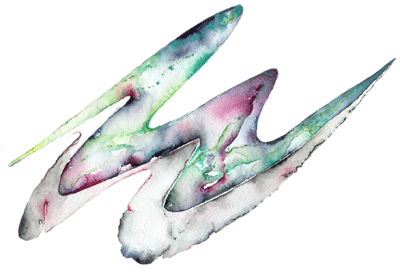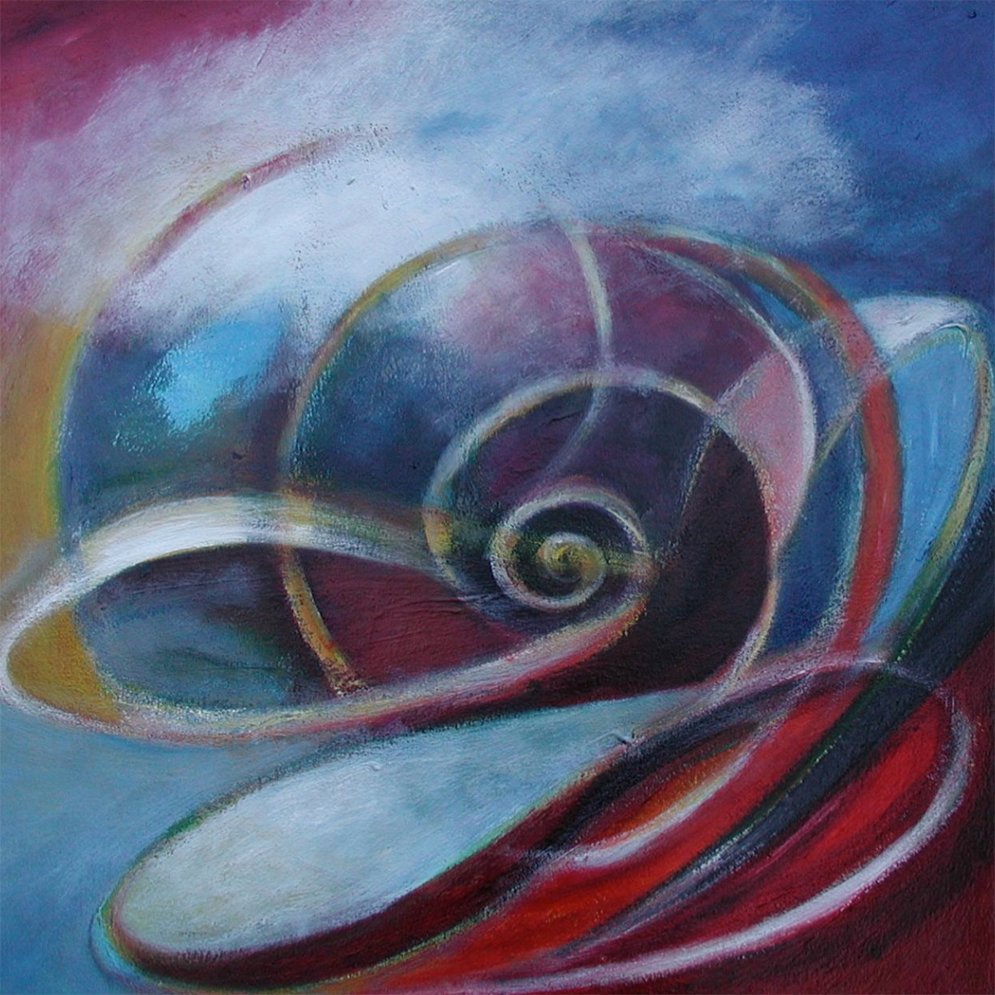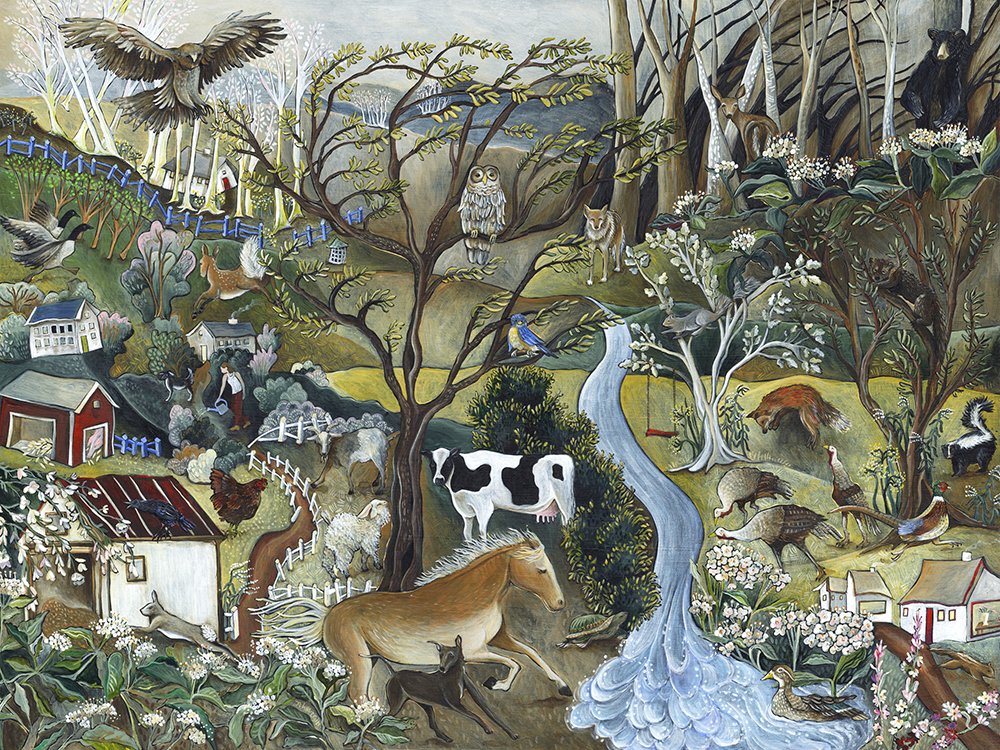Week 17 - Isaiah 51:1-8
“Think of the Rock from which you came, the quarry from which you were cut….Look to Abraham your ancestor, and to Sarah, who gave you birth.” (51:1b-2a)
This week we will dive into another richly layered passage from 2nd Isaiah. It is filled to the brim with a barrage of memory-bites. Significant references that span the history of Israel are highlighted: Exodus, Eden, Torah and creation.
The passage echoes a vast spiritual and existential landscape with trigger words and phrases such as: joy and gladness, Jerusalem’s ruins, God’s teachings, justice/judgement, righteousness, light, deliverance, victory, coastlands, and salvation.
The Working Preacher website describes the prophet as “shaping these fragments with poetic urgency resulting in a poem of rapidly successive fragments meant to overwhelm grief and disorientation. Overall, the poem as a whole is about engulfing Israel with her emotional ties to Zion. Shards of “God-in-History” come together to form a container for their new faith into hope.”
Paul (Patterson) has reminded us of the famous line: “Whisper in my ear and I’ll follow you anywhere.” This passage has the feel of an inside endearing voice. The tone is noticeably different from the voice we heard from last week in the divorce courts.
Yahweh’s evocative words and earnest heart-felt promises are whispered to those he is in close and intimate partnership with. A message meant not only to boost the morale of the faithful remnant but also to remind them of their mutual affection.
In choosing to follow God anywhere, they are about to experience a cruel and denigrating backlash on account of their undying loyalty, their refusal to assimilate and deny their first love.
We are not literally wandering through a desert wasteland but there are times we need more than spiritual catch-phrases. We can feel so lost and untethered, so susceptible to distractions and relentless patterns that rob us of our affection for God. We need the bedrock of Torah, God’s teaching, to reverberate into our very core. Like the Israelites, we have received a summons, a love letter, a promissory note meant to keep us seeking after righteousness, pursuing wisdom and a life of faith.
As we open up the letter, we discover the steadfast love behind the words. Tucked in between the lines are reminders of those who gave us spiritual birth, inklings of the solid ground that carved out our faith muscles. Signed with the signature of the spirit, we are ensured that God’s comfort and restoration is always the final word despite all appearances.
- Bev
Reading: Brueggemann pages 125-128
Questions for Reflection
- Describe your own personal East of Eden. That ‘dust bowl’ place, where you felt devoid of life and energy. A place you assumed was only about endings, only to discover to your surprise and disbelief, springs of water, green shoots that ultimately led to an experience of deep joy.
- Verse 4 talks about “teaching going out from me”. What do you think is the content and nature of God’s teaching? If it is eternal, the rock of our existence, how do you see that teaching going out from Watershed as a “light to the nations”? How is it our bedrock?
- In our time and place, personally, culturally, politically or as a faith community, what does lasting victory look like? How do we witness or anticipate the promise of unwavering deliverance?
- Hanson asks, “Is there substance to the images of the wilderness becoming like Eden and the desert like the garden of the Lord? Did not the exilic community pass from hardship in Babylon to renewed hardship in their own land?”
This could describe the state of our present reality as well. If you were on Yahweh’s legal team, how would you refute this pessimistic harsh truth that seems all too true? Feel free to put yourself in either context: ancient or modern.
permission pending from Steve Coffey




